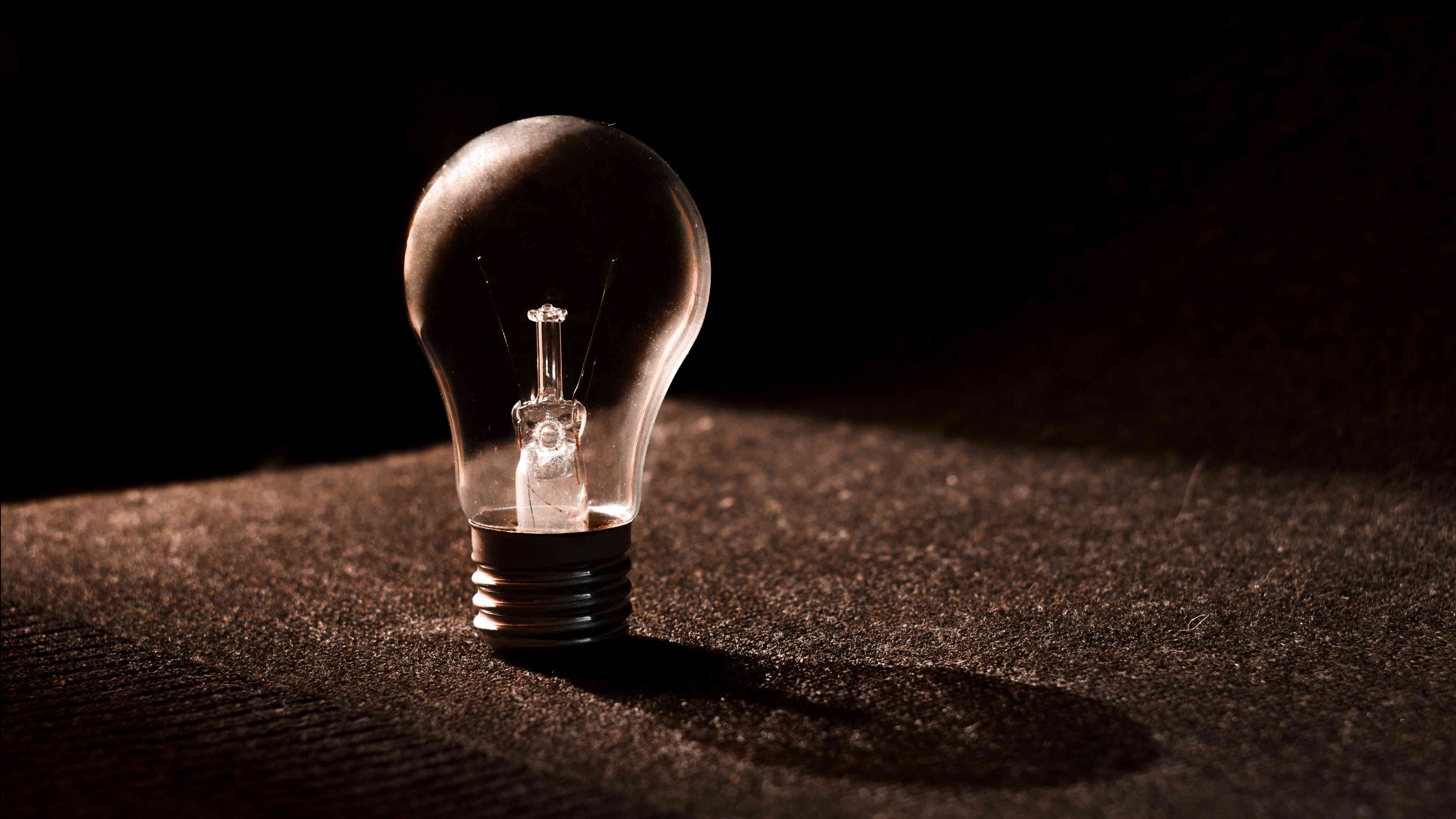
Mastering the Art of Focus
Distractions lurk at every corner in today's fast-paced and hyperconnected world, constantly vying for our attention and hindering our ability to stay focused. From smartphones buzzing with notifications to the allure of social media and an overload of information, distractions can derail our productivity and leave us feeling overwhelmed. I already cannot count how many times I have been distracted by my phone while writing this. In this article, we will explore some effective strategies to help deal with distractions and regain control over our attention.
Cultivating a Distraction-Aware Mindset a.k.a. Mindfulness
This is one of the things I've been trying out myself as I think mindfulness is key when trying to combat distractions. Numerous studies have shown the positive impact of mindfulness practices on reducing distractions and improving focus. Research published in the Journal of Cognitive Enhancement indicates that mindfulness training enhances attentional control, reduces mind wandering, and improves cognitive performance. Start by developing awareness of your own patterns and triggers, and notice when and where distractions tend to arise and how they impact your focus. By cultivating mindfulness, you can catch yourself in the act of getting distracted and redirect your attention back to the task at hand, kind of like treating your task as a meditation exercise.
Establishing Physical and Digital Boundaries
Your physical and digital environment play a significant role in managing distractions. You can minimize visual and auditory disruptions by decluttering your workspace and setting up a designated area for focused work. A study conducted by the Journal of Experimental Psychology found that even the mere presence of a smartphone nearby, even if it's turned off or face down, can reduce cognitive performance and attention levels. Silence or mute notifications on your devices, and consider using website blockers or app limiters to restrict access to distracting websites or apps during designated work periods. You should also consider implementing 'digital detox' periods where you disconnect from technology altogether.
Practice Mindful Task Switching
Contrary to popular belief, multitasking can hinder productivity and impair cognitive performance. Research conducted at Stanford University shows that people who regularly engage in multitasking struggle to filter irrelevant information and have difficulty focusing on important tasks. While multitasking can lead to decreased productivity, sometimes task switching is unavoidable. When transitioning between tasks, practice mindful task switching. Take a moment to mentally close one task before fully engaging in the next. Clear your mind, reset your focus, and consciously shift your attention to the new task. This deliberate approach minimizes the carryover of distractions from one task to another.
That's all for todays' article, I hope you gained something from it and I'll be going a bit more in-depth with the points in future articles. Remember, dealing with distractions is an ongoing practice, but with dedication and perseverance, you can navigate today's distracting world and achieve your full potential.